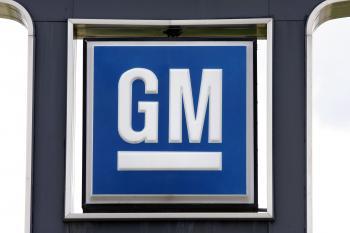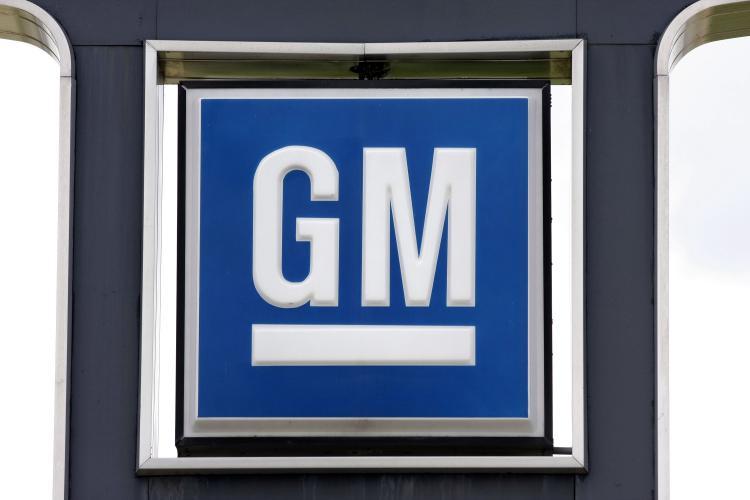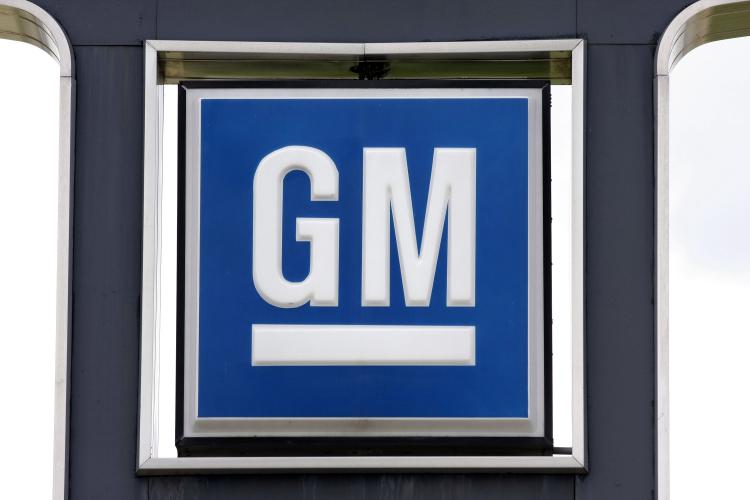NEW YORK—Automaker General Motors Co. this week filed a form S-1, laying the groundwork for issuing public stock at a later date.
Psychologically, the filing is an important step for the company, as merely a year ago, it filed a government-assisted bankruptcy to stave off insolvency. Today, it may be ready to shed its government support and move on as a public company.
The 550-page document laid out GM’s reasons for filing an initial public offering (IPO) of stock, but was short on details.
GM’s announcement to sell stock ultimately changes little for the company, until further details are sorted out. The filing states little on when it would occur—although most analyst predict October or November for a firm stock sale—or set a price for its shares. It also did not mention how much of the money would go toward repaying U.S. taxpayers, which own roughly 61 percent of the company.
But the S-1 also disclosed certain risks GM or its investors may face. It stated that the company may not yet be prepared to act as a public company with public financial reporting capabilities, as it stated that its internal controls over reporting was “not effective,” and warned that the U.S. Treasury may continue to hold substantial interest in the company even after the share sale.
The filing stated that it wants to sell 500 million shares. Assuming that it returns all of its taxpayer obligations under the IPO, roughly 305 million shares would have to be sold on behalf of the U.S. Treasury, which is owed $43.3 billion. GM’s shares would have to be worth $142 for it to repay the U.S. government in full—an impossible proposition as currently constructed.
Essentially, taxpayers should not get their hopes up that GM would repay its government obligations via an IPO right away—it may take some time, and may very well mirror American International Group Inc.’s slow but steady process to repay its government support.
Psychologically, the filing is an important step for the company, as merely a year ago, it filed a government-assisted bankruptcy to stave off insolvency. Today, it may be ready to shed its government support and move on as a public company.
The 550-page document laid out GM’s reasons for filing an initial public offering (IPO) of stock, but was short on details.
GM’s announcement to sell stock ultimately changes little for the company, until further details are sorted out. The filing states little on when it would occur—although most analyst predict October or November for a firm stock sale—or set a price for its shares. It also did not mention how much of the money would go toward repaying U.S. taxpayers, which own roughly 61 percent of the company.
But the S-1 also disclosed certain risks GM or its investors may face. It stated that the company may not yet be prepared to act as a public company with public financial reporting capabilities, as it stated that its internal controls over reporting was “not effective,” and warned that the U.S. Treasury may continue to hold substantial interest in the company even after the share sale.
The filing stated that it wants to sell 500 million shares. Assuming that it returns all of its taxpayer obligations under the IPO, roughly 305 million shares would have to be sold on behalf of the U.S. Treasury, which is owed $43.3 billion. GM’s shares would have to be worth $142 for it to repay the U.S. government in full—an impossible proposition as currently constructed.
Essentially, taxpayers should not get their hopes up that GM would repay its government obligations via an IPO right away—it may take some time, and may very well mirror American International Group Inc.’s slow but steady process to repay its government support.






